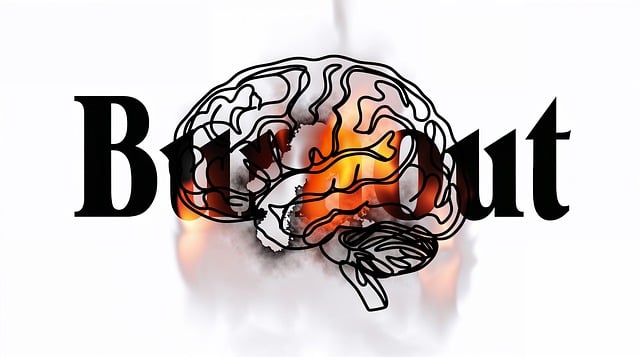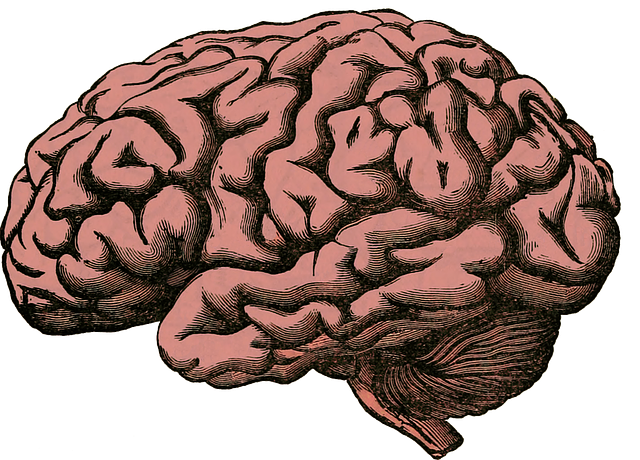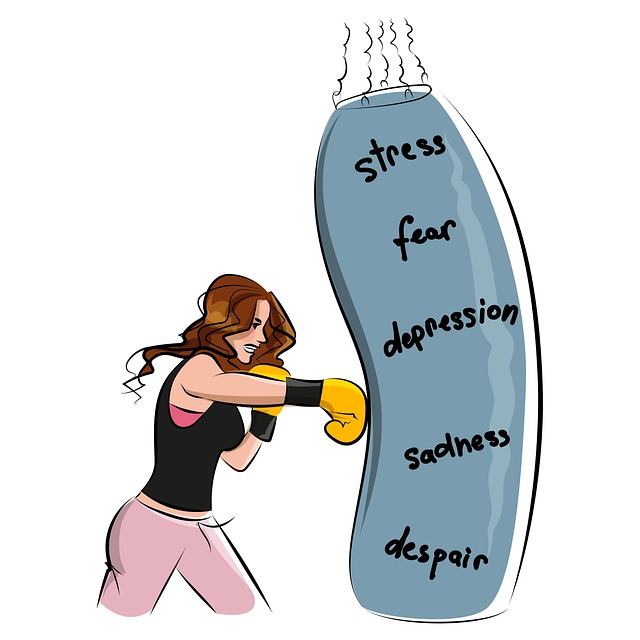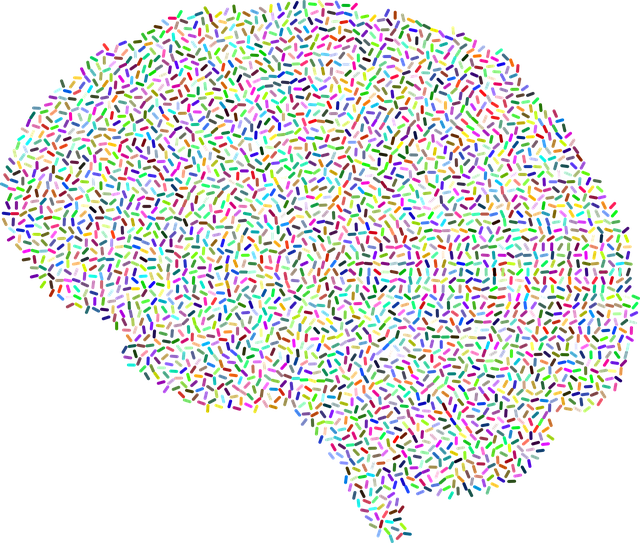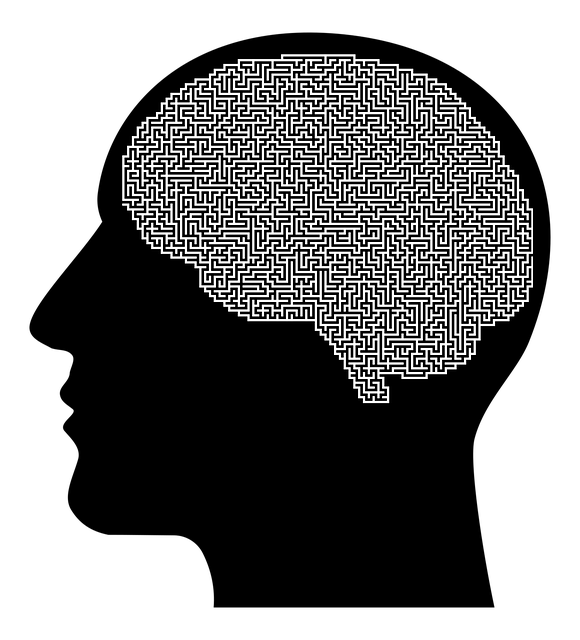Community outreach programs tailored for young adults, especially veterans, offer crucial support through specialized therapy addressing unique challenges like PTSD, academic pressures, and social adjustment difficulties. These initiatives empower them with stress management tools, social skills training, and evidence-based practices to enhance mental wellness. Effective programs require strategic planning for accessibility, cultural sensitivity, digital platforms, local collaborations, and burnout prevention, while regular evaluations gauge their long-term success in improving mental health outcomes.
Community outreach programs play a pivotal role in addressing the unique challenges faced by young adults and veterans. This article delves into the essential aspects of implementing effective initiatives, focusing on therapy for young adults and veterans. We explore strategies for engaging communities, designing tailored therapy plans, and measuring the impact of these programs. By understanding the need and employing successful implementation techniques, we can foster positive change and support vulnerable populations.
- Understanding the Need for Community Outreach Programs for Young Adults
- Designing Effective Therapy Initiatives Targeting Eterans
- Strategies for Successful Implementation and Community Engagement
- Measuring Impact and Long-term Benefits of Outreach Programs
Understanding the Need for Community Outreach Programs for Young Adults

Many young adults today face unique challenges that can significantly impact their mental health and overall well-being. From navigating post-traumatic stress disorder (PTSD) after military service to coping with the pressures of academic and professional demands, this demographic often requires specialized support. Community outreach programs tailored for young adults offer a vital safety net, providing them with much-needed resources and therapy. These initiatives aim to foster resilience and inner strength development by addressing issues like anxiety, depression, and stress reduction methods.
By implementing structured programs, such as Stress Management Workshops Organization, community leaders can empower young adults to manage stress effectively. Such workshops not only teach valuable coping strategies but also create a sense of belonging and social connection, which is essential for mental health recovery. Understanding the specific needs of this population is crucial in designing outreach efforts that encourage self-care, promote personal growth, and ultimately enhance the overall resilience of young adults in the community.
Designing Effective Therapy Initiatives Targeting Eterans

Designing effective therapy initiatives for young adult veterans requires a nuanced understanding of their unique challenges and experiences. Many veterans face transition difficulties when reentering civilian life, grappling with issues like PTSD, depression, and social adjustment problems. Therapy programs should be tailored to address these specific needs, focusing on both individual healing and group support. Social Skills Training can play a pivotal role in helping veterans regain confidence in social settings, which is crucial for reintegrating into the community.
Incorporating evidence-based practices, such as Conflict Resolution Techniques discussed in our Mental Wellness Podcast Series Production, can equip veterans with essential tools to navigate interpersonal challenges. By fostering open communication and healthy conflict management strategies, these initiatives enhance their overall mental wellness. Tailoring therapy programs to meet the distinct needs of young adult veterans ensures that they receive the support required to thrive both personally and professionally.
Strategies for Successful Implementation and Community Engagement

Effective community outreach programs require a strategic approach to ensure successful engagement and long-lasting impact. When designing initiatives aimed at young adults, such as veterans seeking therapy, it’s essential to consider both accessibility and cultural sensitivity. Tailoring programs to meet the unique needs of this demographic can significantly enhance participation rates. For instance, implementing digital platforms and online resources caters to their comfort with technology while offering discretion and flexibility.
Community engagement strategies should also focus on building trust and fostering a sense of belonging. This involves collaborative planning with local organizations, community leaders, and mental health professionals. By integrating burnout prevention strategies for healthcare providers into these initiatives, the programs can be sustained over time. Furthermore, incorporating confidence-boosting activities and mental health education programs design tailored to young adults’ interests can improve their overall well-being and encourage open conversations about mental health.
Measuring Impact and Long-term Benefits of Outreach Programs

Evaluating the impact of community outreach programs, especially those catering to young adults and veterans, is a crucial step in understanding their long-term benefits. These initiatives often aim to provide therapy and support for issues like post-traumatic stress disorder (PTSD) and other mental health concerns prevalent in these demographics. By implementing structured programs, such as crisis intervention guidance and emotional well-being promotion techniques, organizations can measure success through participant feedback, improved access to care, and enhanced mental wellness outcomes.
Regular assessments help identify areas for improvement and ensure the program’s sustainability. The long-term benefits extend beyond individual healing; they contribute to building resilient communities with better coping mechanisms. This data-driven approach allows for tailored adjustments, making these outreach programs more effective in addressing the unique challenges faced by young adults and veterans, ultimately fostering a healthier and more supportive social environment.
Community outreach programs play a pivotal role in addressing the unique challenges faced by young adults and veterans. By designing targeted therapy initiatives, fostering community engagement, and measuring long-term impacts, we can create lasting positive changes. These programs not only provide much-needed support but also empower individuals to thrive, ensuring better mental health outcomes for our youth and those who have served. Implementing effective outreach strategies is essential in building resilient communities where everyone has access to the resources they require to flourish.


